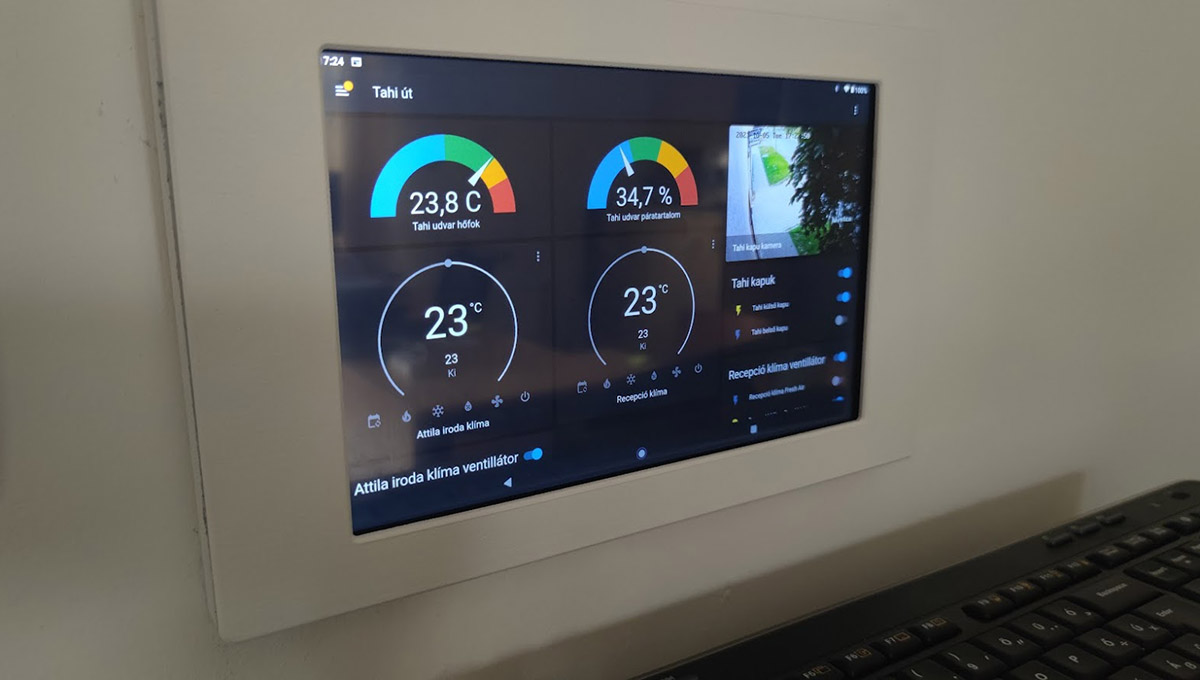- Convenience: Smart home systems facilitate easy and efficient communication between devices. Home automation allows users to remotely control lighting, heating, air conditioning, locks, and other devices.
- Energy Efficiency: Smart homes can optimize energy consumption. Systems like heating, cooling, lighting, and others can automatically adjust based on user presence and external conditions, reducing energy usage.
- Security: Smart home systems come with security features. Sensors, cameras, and alarms enable users to monitor their homes and receive notifications in case of suspicious activities.
- Cost Savings: In the long run, smart home devices can lead to cost savings. Energy-efficient systems and remote control options can reduce energy and water bills.
- Time Savings: Automated processes and remote control capabilities allow people to save time. Controlling various home devices through a single application streamlines tasks.
- Quality of Life: Smart homes can enhance overall quality of life and comfort. Automated systems and customizable settings help meet individual needs.
It's important to note that the benefits of smart homes depend on personal preferences and the specific needs of each family. Some prioritize convenience and remote control, while others may choose this technology for security or energy efficiency reasons.










